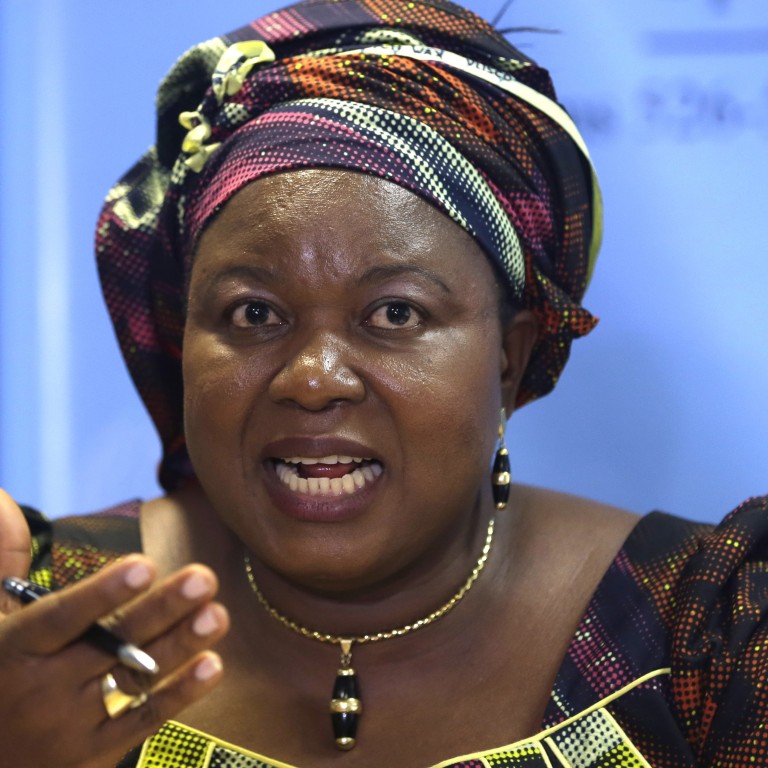
Warning on human trafficking in Philippines
The Philippines has failed to curb a huge problem of human trafficking in recent years, despite high-profile government efforts and the country’s removal from a US watch list, says a UN envoy.
Poor law enforcement and crushing poverty meant many men, women and children were still being trafficked, both internally and overseas, said Joy Ngozi Ezeilo, the UN’s special rapporteur on trafficking in persons.
“The Philippines is a source country [of trafficked persons] and the problem is not declining,” Ezeilo said on Friday at the end of a five-day visit.
“Government data is there. It shows you huge numbers are affected.”
Ezeilo said people were trafficked to work as forced labourers in factories and on farms, as domestic helpers and for a range of criminal activities.
Girls, she said, were especially at risk of being trafficked, into the sex industry and for forced marriage, adding that the sexual exploitation of girls remained “extremely common, socially and culturally tolerated in the country”.
Ezeilo did not give any details as to how many people were being trafficked, or by whom, saying more details would be released in a report next year.
In June last year the United States responded to efforts by President Benigno Aquino’s administration to combat the problem and removed the Philippines from a human trafficking watch list.
This quashed a threat to cut off financial assistance – a measure imposed on countries found to be unresponsive in fighting trafficking.
Ezeilo praised the government for passing laws and creating various agencies to fight human trafficking, but said the rate of prosecution remained low and violators were often allowed to operate with impunity.
“Enforcement of the law and assistance to victims is not uniform ... and depends on the political will of the local governments,” she said.
Ezeilo also warned that human traffickers were increasingly using social networking to lure victims, and that authorities were not matching them in their prevention efforts.
On a positive note, she said a peace deal signed last month between the government and the largest Muslim rebel group, the Moro Islamic Liberation Front, should lead to less trafficking of people from the conflict area.
Under the pact, the two sides are aiming to end the decades-long insurgency in the southern Philippines by 2016.
